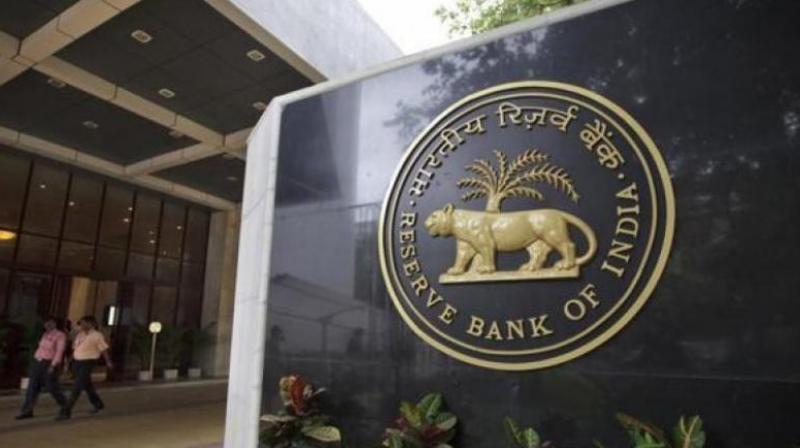Finance Ministry, RBI to take up dividend, surplus
While govt wants a big pie of surplus, some feel RBI needs a large corpus to maintain credibility.

New Delhi: The finance ministry and the RBI are set for deep engagement in the next 15 days. While North Block will seek higher interim dividend from the central bank the first meeting of the Bimal Jalan-headed Economic Capital Framework (ECF), set up to look into how much of RBI surplus the government can lay its hands on.
The ministry officials, including expenditure secretary AN Jha and economic affairs secretary SC Garg, are likely to meet RBI officials towards the middle of this month for the interim dividend, which will be finalised after drawing estimates. RBI follows the July-June calender.
Garg has said the government would seek interim payout but didn’t say the amount. RBI had paid Rs 50,000 crore dividend for FY18. ECF is likely to meet on January 8. It will look at the RBI’s the policy that dictates the need for the central bank to hold on to various “provisions, reserves and buffers”.
RBI earns money from the interest on government securities, money it lends to other banks and any returns it may get from the foreign currency market. Any surplus is then transferred to the government.
In some years the RBI has transferred its entire surplus to the government, citing adequate capital in its various reserves. But following demonetisation, it has transferred less as its own costs have risen.
Jalan, a former RBI governor, has spoken on how the bank needs to listen to its primary stakeholder – the government. But vice-chair Rakesh Mohan has been vocal about not letting the government have its way, insisting that RBI’s capital holdings are needed to maintain operations and its credibility.
The panel is expected to submit its report within 90 days of first meeting.
The finance ministry feels that the global norm is to have reserves of 14 per cent of total assets, while at present RBI has 27 per cent. “There need to be some norms for how much RBI can keep,” an official said.
Garg had earlier said, the phrase ‘appropriate economic capital framework’ is being interpreted to mean ‘determining the norms for surplus reserve to be maintained’. This issue apparently led to resignation of Urjit Patel, though the prime minister recently said the governor’s resignation has nothing to do with all these.
According to the RBI annual report, surplus reserves as on June 30, 2018 were Rs 9.63-lakh crore. This comprises balances in Contingency Fund, Asset Development Fund (ADF), Currency and Gold Revaluation Account (CGRA), Foreign Exchange Forward Contracts Valuation Account (FCVA) and Investment Revaluation Account Rupee Securities (IRA-RS), besides some minor accounts.
Meanwhile, in a hard-hitting report, a parliamentary panel has asked RBI to ease capital adequacy norms for banks, review supervisory framework PCA, and urged the government to set up a committee to look into issues concerning accountability of the central bank as a regulator.
The standing committee on finance also asked RBI to evaluate the efficacy of its own guidelines on dealing with frauds. Besides, the committee headed by veteran Congress leader and former Union Minister M Veerappa Moily also suggested increasing the retirement of age of chiefs of public sector banks to 70 years and effect proper manpower planning and HR development strategies in PSBs.

